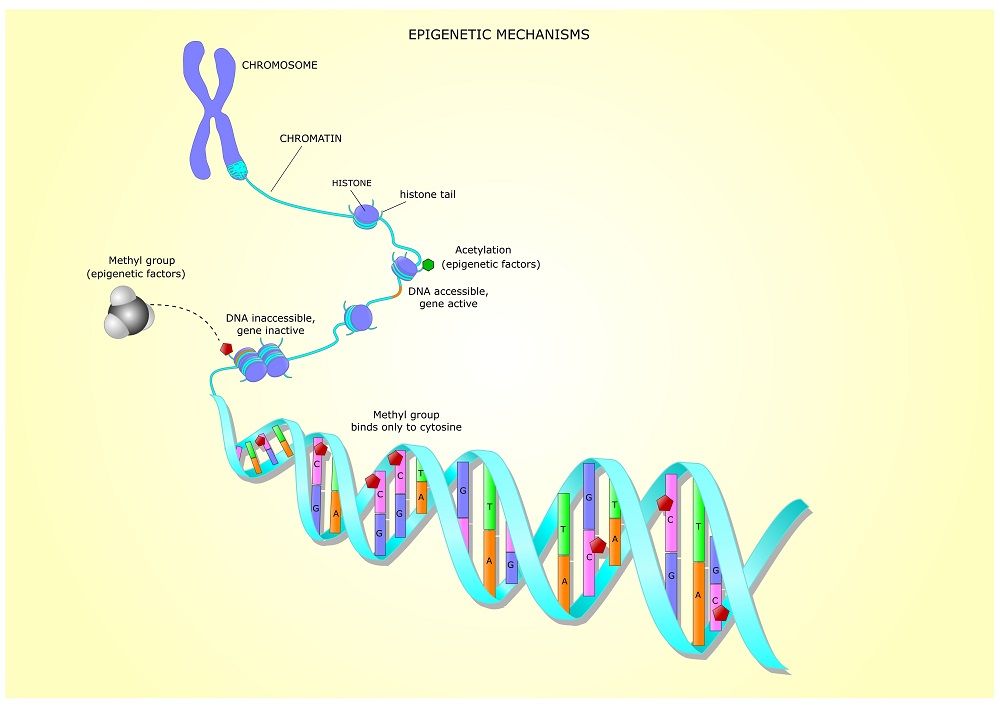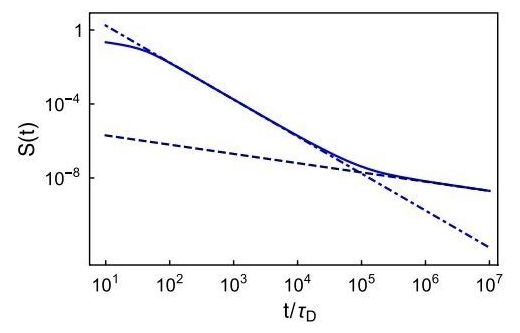Whenever the topic of increasing human lifespan is discussed the concern is sometimes raised that a longer life would mean a life spent frail and decrepit. This is sometimes known as the Tithonus error and shows a fundamental misunderstanding of the aims of rejuvenation biotechnology. The concern is based on the ancient Greek myth of Tithonus which might be thought of as a cautionary tale warning seekers of an eternal life of its alleged inherent dangers.
Elon Musk is racing to land SpaceX on Mars in five years, a vision he unveiled late last month at the 2017 International Astronautical Congress.
One man not among Musk’s critics is Scott Kelly, a retired astronaut who set the record in 2015 for total accumulated days in space, during the single longest mission by an American.
“When Elon Musk said he was going to launch his rocket and then land the first stage on a barge, I thought he was crazy,” Kelly told “Squawk Box” on Tuesday. “And then he did it. I’m not going to ever doubt what he says, ever again.”
The immigration population in the United States jumped to a record 43million people in 2016, according to a new report.
And when adding in the children of those individuals, the number jumps to over 60million people.
That means that legal and illegal immigrants account for at least one in every people in the United States, according to a review of federal statistics by the Center for Immigration Studies.
How Facebook Outs Sex Workers
Posted in sex
Las Vegas, NV and Centennial, Colo. (Oct. 17, 2017) – Bigelow Aerospace and United Launch Alliance (ULA) are working together to launch a B330 expandable module on ULA’s Vulcan launch vehicle. The launch would place a B330 outfitted module in Low Lunar Orbit by the end of 2022 to serve as a lunar depot.
“We are excited to work with ULA on this lunar depot project,” said Robert Bigelow, president of Bigelow Aerospace. “Our lunar depot plan is a strong complement to other plans intended to eventually put people on Mars. It will provide NASA and America with an exciting and financially practical success opportunity that can be accomplished in the short term. This lunar depot could be deployed easily by 2022 to support the nation’s re-energized plans for returning to the Moon.
”This commercial lunar depot would provide anchorage for significant lunar business development in addition to offering NASA and other governments the Moon as a new exciting location to conduct long-term exploration and astronaut training.”
We want to hear your story too!
https://www.leafscience.org/longevity-month-2017-tell-us-your-story/
This is the second part of our ongoing series of articles that discuss the Hallmarks of Aging. Published in 2013, the paper divides aging into a number of distinct categories (“hallmarks”) of damage to explain how the aging process works and how it causes age-related diseases[1].
Today, we will be looking at one of the primary hallmarks, epigenetic alterations.
(Phys.org)—Ever since the early days of quantum mechanics, the decay dynamics of unstable quantum systems has been thought to follow an exponential decay law, just like the one used to describe radioactive decay and many other natural processes. The exponential law in the quantum domain was originally proposed by George Gamow and later developed by Eugene Wigner and Victor Weisskopf. According to this law, when given a sample of unstable atoms, the number of those that are likely to decay during a brief period of time is proportional to the number of atoms present.
In the years since then, however, physicists have found that deviations from the exponential law can occur in unstable quantum systems, but only in those that are isolated from the external environment. This is because isolated systems are free from environmental decoherence, which makes it possible for the quantum decay products to reconstruct themselves back into their initial, pre-decayed states. Consequently, the decay is initially slower than that predicted by the exponential law, and in the later stages, the decay often exhibits a power-law behavior. Researchers have previously shown that this nonexponential decay can be harnessed for quantum control.
Now in a new study, physicists have theoretically shown that quantum decay processes can deviate from the exponential decay law not only when the system is isolated, but even when it is in contact with the external environment. The results suggest that an unstable quantum system can decay and subsequently return to its original state, even in the presence of environmental decoherence.








